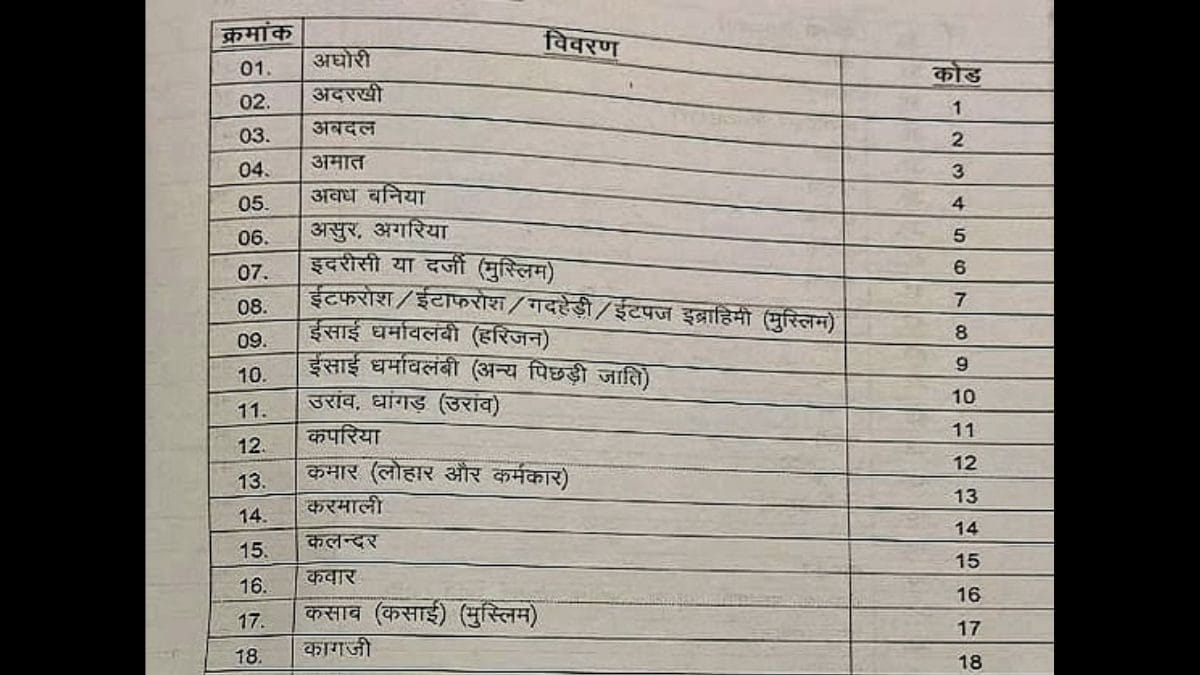Akeel Bilgrami on the nature of subjective identity
The HinduLast time, we discussed the distinction you made in some early articles of yours between objective and subjective identity, and we spoke mostly about objective identity. Now, it is often said that one only asks the question of identity, the question “Who am I?”, when one has been dislocated from one’s moorings in one’s own locality in some way. Right, so when subjective identity is an end in itself rather than instrumental, the identification one makes takes a quite different form in the “moral psychology” of the person. It is rather to literally wonder for a moment “Would it even be me, who does that?” The initial example I give in my essay “What is a Muslim?” was a personal, not political, one about how one may feel that even if one thought that one’s close friend was a very immoral person and openly disagreed with him on some behaviour of his which was, let us say, illegal, and if some policemen who were suspicious of him came to ask one whether one’s friend was up to something illegal, one would deny knowledge of any such activity. I think this is a particularly good way of characterising subjective identity because it shows that one’s fundamental commitments and identities are not immutable or essentialist.
History of this topic
Akeel Bilgrami on identity, inner life and stereotyping
The HinduDiscover Related

